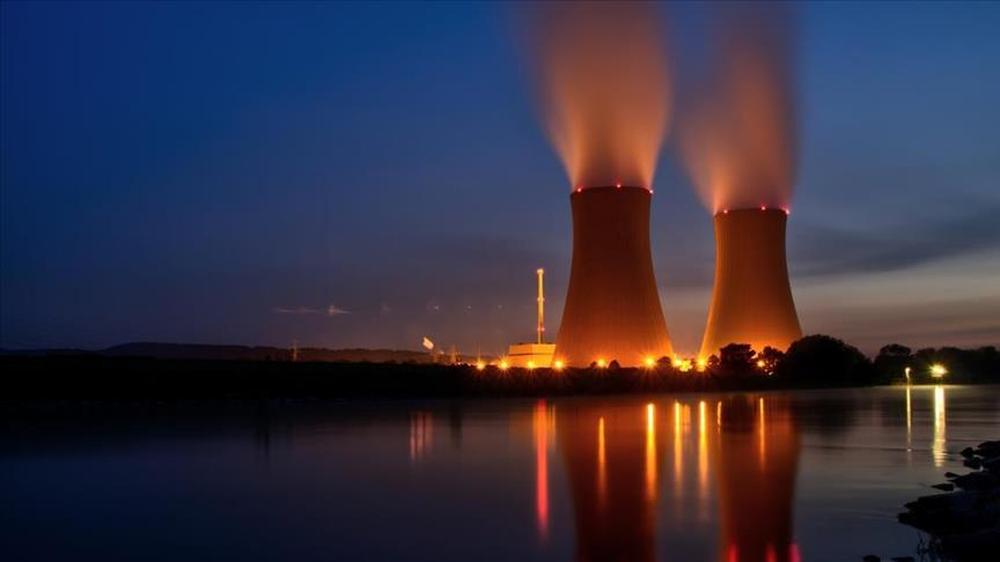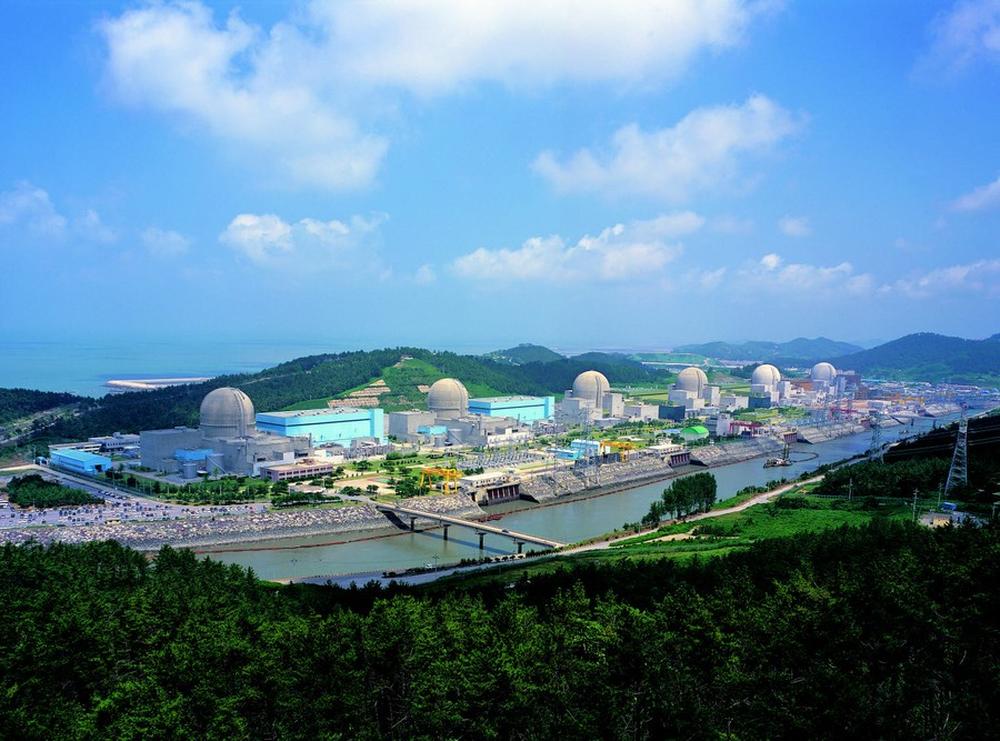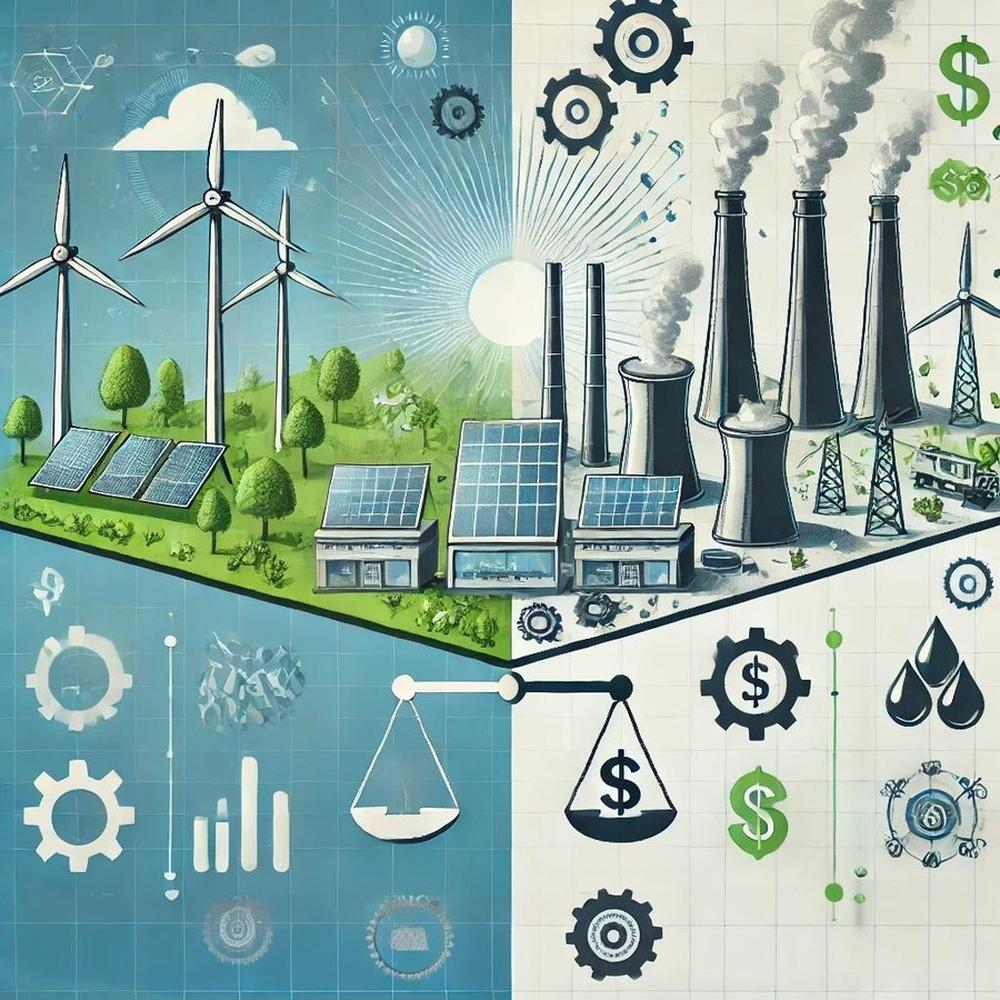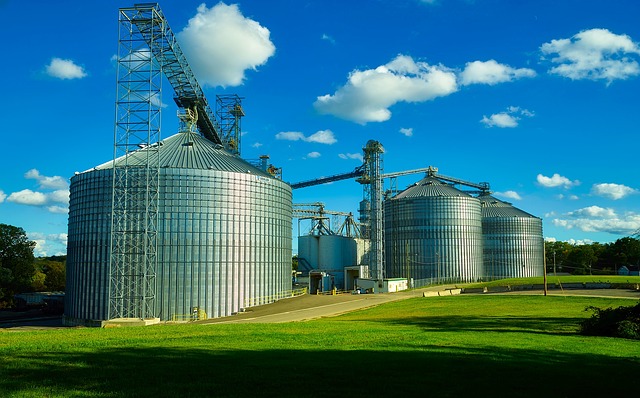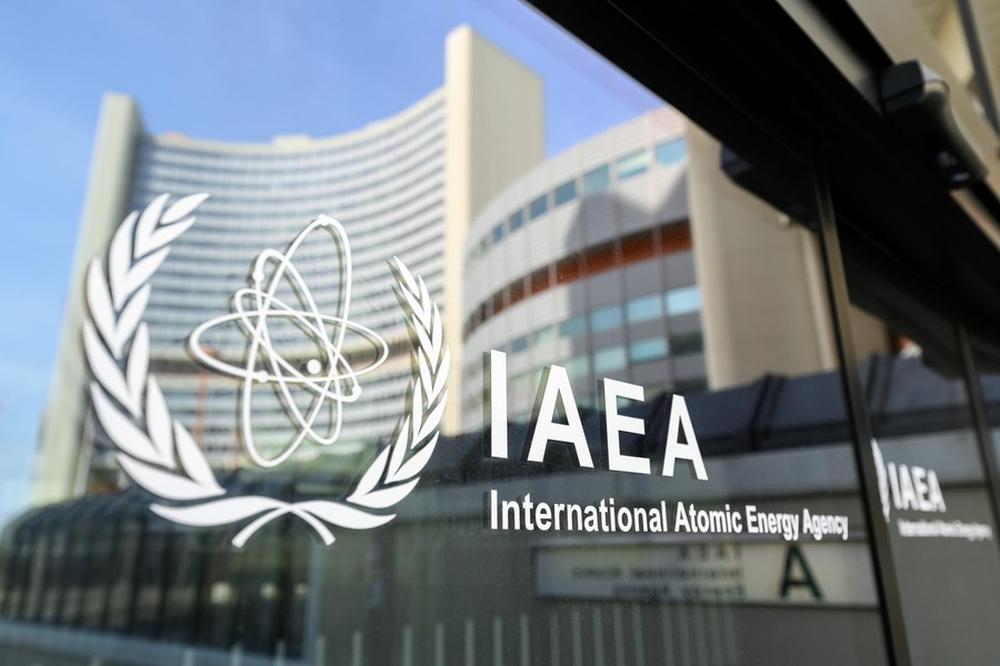- #Economy & Trade
- #Global Issues
- #South Korea
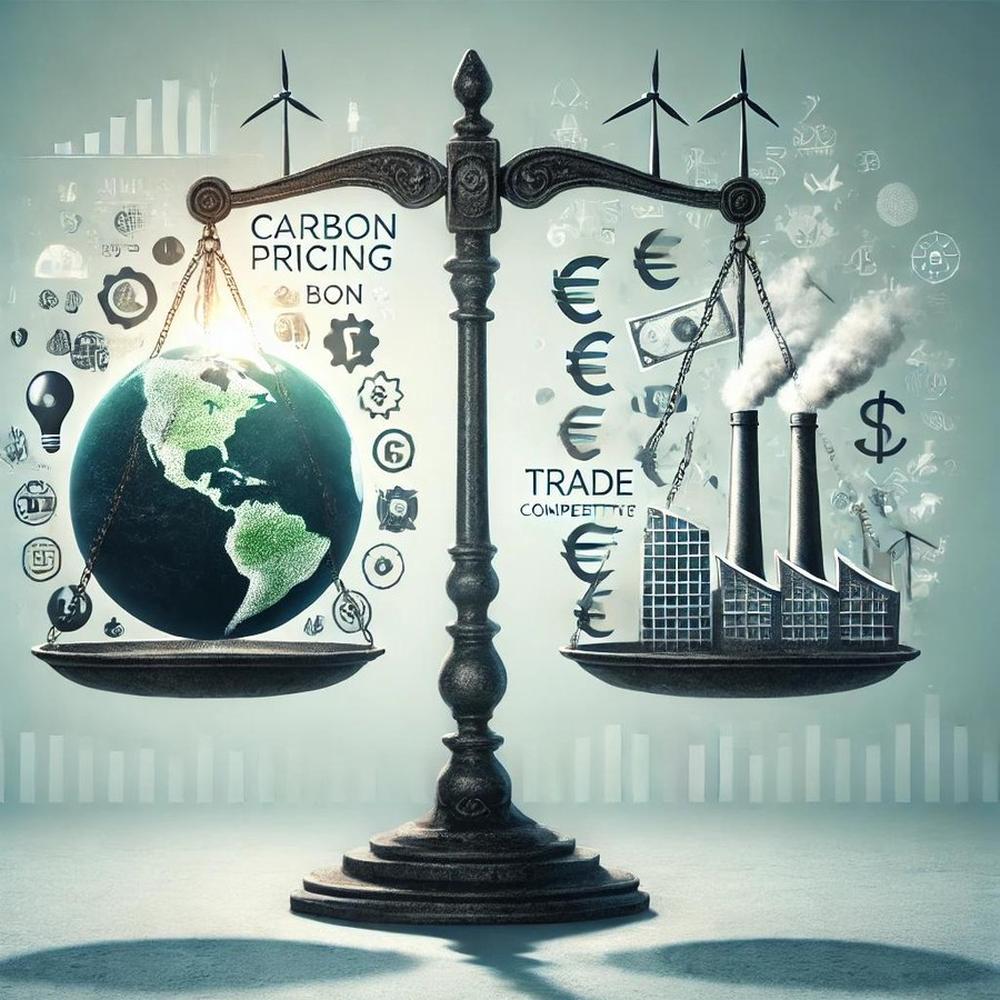
► The Clean Competition Act (CCA), a U.S. Border Carbon Adjustment (BCA) policy, aims to reduce global carbon emissions by imposing a carbon intensity charge on imports, but it also functions as a protectionist measure to enhance U.S. industrial competitiveness.
► While policies like the CCA and the EU's CBAM address issues like carbon leakage and industrial competitiveness, they risk increasing trade tensions, raising domestic consumer prices, and incentivizing avoidance strategies.
► For South Korea, the potential implementation of the CCA poses significant challenges to key export industries, particularly carbon-intensive sectors like steel, necessitating proactive strategies that balance environmental and economic sustainability.
Climate change has become one of the most pressing and actively discussed issues in the international community. Greenhouse gases (GHGs), widely recognized as the primary contributors to climate change, are global pollutants. This means that the total volume of emissions matters more than where the emissions originate. In response, countries have implemented measures like the United Nations Framework Convention on Climate Change, adopted in 1992, and its subsequent annual Conference of the Parties (COP) to collectively address and reduce GHG emissions. However, the implementation of effective climate policies has also introduced new complexities, especially in the realm of international trade. Such policies are increasingly being used as tools of protectionism under the guise of environmental action. Here, I’d like to explain this dynamic by introducing the U.S. Clean Competition Act (CCA) as a case. I also highlight the implications of such policies for South Korea and the broader global economy.
To mitigate climate change, halting GHG emissions at the earliest possible time is imperative. Yet, this goal poses significant challenges, particularly because emissions primarily stem from industrial activities that rely heavily on fossil fuels. Shifting away from fossil fuels to cleaner energy sources necessitates a fundamental transformation of global industrial practices. This transition, while necessary, comes with substantial technological hurdles and enormous financial costs. Developing nations, constrained by limited resources and infrastructure, often adopt a more cautious approach to carbon reduction efforts. Conversely, developed nations, with greater financial and technological capacity, tend to lead the charge with more ambitious plans. This asymmetry has given rise to two critical issues: carbon leakage and industrial competitiveness.
Carbon leakage occurs when strict carbon regulations in one country lead businesses to relocate production to countries with more lenient regulations. While this may reduce emissions in the regulated country, it simultaneously increases emissions in less regulated countries, effectively negating any global reduction efforts. This phenomenon underscores the importance of harmonizing carbon policies across nations to achieve meaningful progress in combating climate change.
Countries that take the lead in carbon reduction face significant economic burdens. The additional costs associated with decarbonization directly impact the price competitiveness of their industries. For instance, industries that actively pursue low-carbon technologies incur higher production costs, which often translate into higher prices for their goods. This creates a disadvantage in international markets, where cost competitiveness is critical. Consequently, countries and companies that proactively reduce emissions often find themselves at an economic disadvantage compared to those that do not.
To address these challenges, many countries are turning to Border Carbon Adjustment (BCA) mechanisms. These policies aim to equalize the carbon costs borne by domestic and foreign producers by imposing additional charges on imports based on their carbon emissions. BCAs are designed to prevent carbon leakage and level the playing field in international trade. One prominent example is the European Union’s Carbon Border Adjustment Mechanism (CBAM), introduced in October 2023. CBAM requires importers to purchase certificates reflecting the carbon emissions embedded in imported goods, with the cost determined by the EU Emissions Trading System (ETS). Similarly, the UK is preparing to implement its own version of CBAM, the Carbon Import Levy, by 2027.
The United States has proposed its own BCA policy through the Clean Competition Act (CCA). Initially introduced in June 2022 and reintroduced in December 2023, the CCA is currently under review by the Senate Committee on Finance. The CCA is designed to impose a carbon intensity charge on imports from countries with higher carbon intensity than the United States. If enacted, the CCA would levy a fee of $55 per ton of carbon emissions embedded in imports starting in 2025. This fee would increase annually by 5% in real terms. Additionally, the policy includes provisions to account for the gap between the carbon intensity of the exporting country and that of the United States, effectively incentivizing trading partners to lower their carbon intensity.
At first glance, the CCA appears to align with global efforts to combat climate change by encouraging trading partners to reduce their carbon emissions. By imposing higher costs on carbon-intensive imports, the policy seeks to promote cleaner production practices worldwide. However, the CCA also functions as a protectionist measure, targeting goods from countries with high carbon intensity—such as China—and reducing their price competitiveness in the U.S. market. This dual function is not unique to the CCA. The EU’s CBAM serves a similar purpose, with the EU explicitly stating that the mechanism was introduced to curb carbon leakage and restore industrial competitiveness within the bloc. Such policies, while framed as environmental measures, often reflect underlying economic and strategic interests.
Although the CCA was proposed by Democrats, it has garnered bipartisan support, with a similar bill, the Foreign Pollution Fee, introduced by Republicans in November 2023. Support from figures like Robert Lighthizer, the USTR under the Trump administration, has further boosted the CCA's prospects. However, uncertainties remain due to competing policies such as Trump’s proposed Universal Baseline Tariff, which includes imposing tariffs exceeding 60% on Chinese goods. Nevertheless, the possibility of the CCA’s implementation and its potential impact on South Korea warrant close monitoring. For South Korea, the potential implementation of the CCA carries significant implications. Unlike the CBAM, the CCA targets a broader range of industries and goods, meaning that South Korean exports to the U.S. are likely to face greater challenges. Key export sectors such as steel could be particularly affected, given their carbon-intensive production processes.
While BCAs like the CBAM and CCA aim to address critical issues such as carbon leakage and industrial competitiveness, they also raise important questions about their long-term viability and effectiveness. One major concern is the impact of these policies on domestic consumer prices. As carbon costs are passed on to consumers, the resulting price increases could undermine public support for such measures. Additionally, the regional nature of these policies leaves room for avoidance strategies, such as resource shuffling or the reallocation of production to unregulated markets. These loopholes highlight the limitations of unilateral or regional approaches to addressing climate change. Thus, while such policies may achieve only partial success, their adoption by major powers reflects a strong determination to maintain their position in international trade. Even when addressing climate change, national interest remains a top priority.
The Clean Competition Act exemplifies the complex interplay between climate policies and international trade. While the act holds promise as a tool for reducing global carbon emissions, its implementation could also exacerbate trade tensions and economic disparities. For countries like South Korea, navigating these challenges will require a proactive and multifaceted approach, emphasizing both environmental and economic sustainability. As the global community continues to grapple with the dual imperatives of climate action and economic growth, the corresponding responses will play a crucial role in shaping the future position of small economies like South Korea in international trade.
Current Position: Associate Professor, School of Economics, University of Seoul Professional Roles: Board Member of the Korean Association of Public Finance, Korea Resource Economics Association, and Korea Environmental Economics Association Previous Experience: Research Fellow at the Korea Institute of Public Finance, focusing on environmental and energy taxation, tax expenditures, and consumption taxes Major Research Fields: Environment and Energy Policy, Taxation, Tax Expenditure Policy, Disaster Management, and Non-market Valuation Education: PhD in Economics, Iowa State University MA and BA in Economics, Seoul National University Publications: Articles published in major SSCI journals, including Business Strategy and the Environment, Environmental Education Research, Land Economics, Journal of Real Estate Finance and Economics, and Applied Economics Book Translation: Translator of Jonathan Gruber’s Public Finance and Public Policy into Korean
